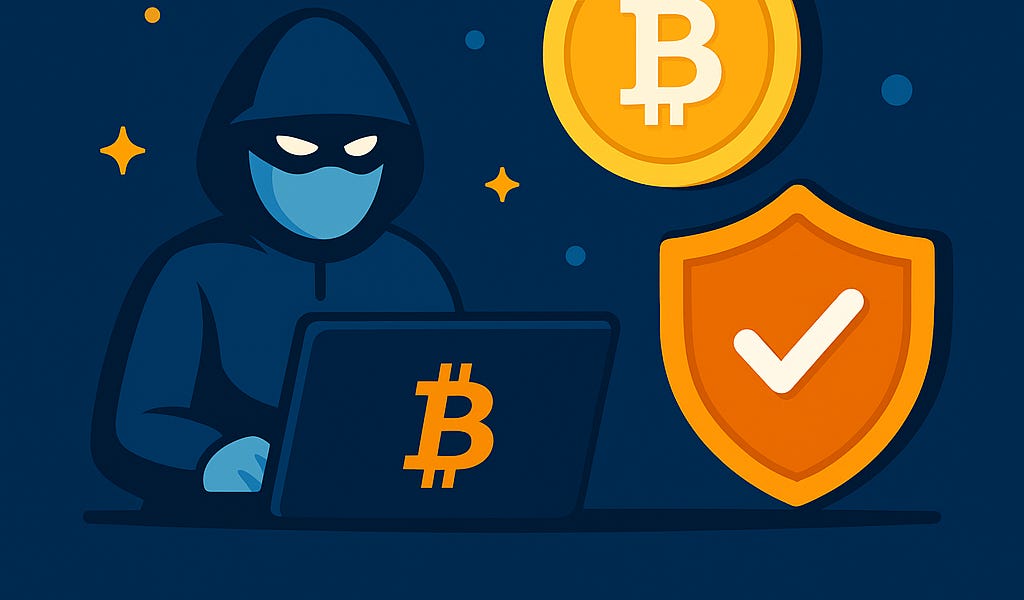GLOBAL BRIEF: AFRICA, THE MAIN CASUALTY OF BETRAYAL IN GLOBAL POWER SHIFTS
GLOBAL BRIEF: AFRICA, THE MAIN CASUALTY OF BETRAYAL IN GLOBAL POWER SHIFTS
By Kennedy Mambwe in Brussels
For some time now, the media has borne the brunt of the blame game regarding the advent of misinformation and disinformation.This trend didn’t just happen. It’s largely a political agenda for perception management and an ultimate desire for a multiplayered mind control. In certain exceptional instances, the end game is to weaponise misinformation and disinformation in order to influence electoral outcomes.
Africa finds herself yet again at crossroads, bombarded with AI generated fake videos with no technical capability to authenticate what’s true and what’s fake. This is all deliberately executed because the architects of these persuasive pieces know that factual information is the bedrock by which we form opinions. Therefore, if information can be manipulated and skewed to appear authentic when in fact not, then the battle is already halfway won.
However, like Africa, the other real casualty of misinformation and disinformation is the media. Globally, it has been observed that trust in the media is fast declining. We are literally faced with the reality of a crisis of trust in the media.
There are many theories suggesting that super powers such as Russia, China and America stand accused of being in the forefront of propaganda steeped in misinformation and disinformation for geopolitical expedience.
Increasingly, societies are losing control of facts driven by the geo political desire for control by these major nations.
For example, Russia is said to be bearing a fair share of the blame for AI generated videos for instance, propping the perceived rising influence of Burkina Faso’s Ibrahim Traore.
Pundits argue that the real motive behind such videos is to call democracy into question so that people can lose trust in democratic ideologies.
On the other hand, Trump is pushing a protectionist agenda through the “Make America Great Again” as an assault on regional bodies such as the European Union which he is tactfully trying to dismantle in order to work with EU nations on a bilateral level. Further, America itself is hugely threatened by the growing influence of China in Africa. Additionally, China’s export power into America has led to rapid and stiff restrictive measures and sanctions to slow down the dominance of Chinese goods onto the US market.
Unapologetically, China continues to push high stakes in most cases, using infrastructure development as a rallying call for more control and influence in Africa. The emerging new world order caused by the Trump effect to cut the USAID globally, is seen as a strategic through ball to China whose appetite for dominance and control is aiding its decision to plug the gap created by Trump with ease.
In the case of the EU, its engagement with the rest of the world remains transactional without paying much attention to the rising influence of Russia and China in Africa. A recent EU-AU ministerial meeting in Brussels focused on four primary pillars: economy and sustainability, peace and security, migration and mobility as well as cooperation at multilateral level.Through these initiatives, the EU is serious about giving new impetus to the mutual partnership, largely driven by Global Gateway projects which are expected to play an important role in reducing logistical bottlenecks and implementing the Africa Free Trade Area.
Despite being forward looking, the implementation of the EU-AU partnership is made considerably more difficult by structural and political changes, in particular, the heterogeneous composition of the AU.
In it’s current form, the Union has rarely been able to set its own priorities in terms of foreign policy, and has rarely been able to communicate common positions to the outside world.
When everything is said and done, it all comes back to the power of information and who controls the narrative. People need to know the reality in order for them to make informed positions. Sadly,
when politicians both locally and those on transcontinental platforms deliberately spread lies and call them alternative facts, societies could fall into anarchy.
Fortunately, the law of nature holds that there will always be a contestation between truth and lies but in the course of time, truth always prevails.
While there is a renewed push for Africa’s resources, time will reveal Africa’s true friends as well as expose traitors hiding behind the veil of aid and development cooperation.








